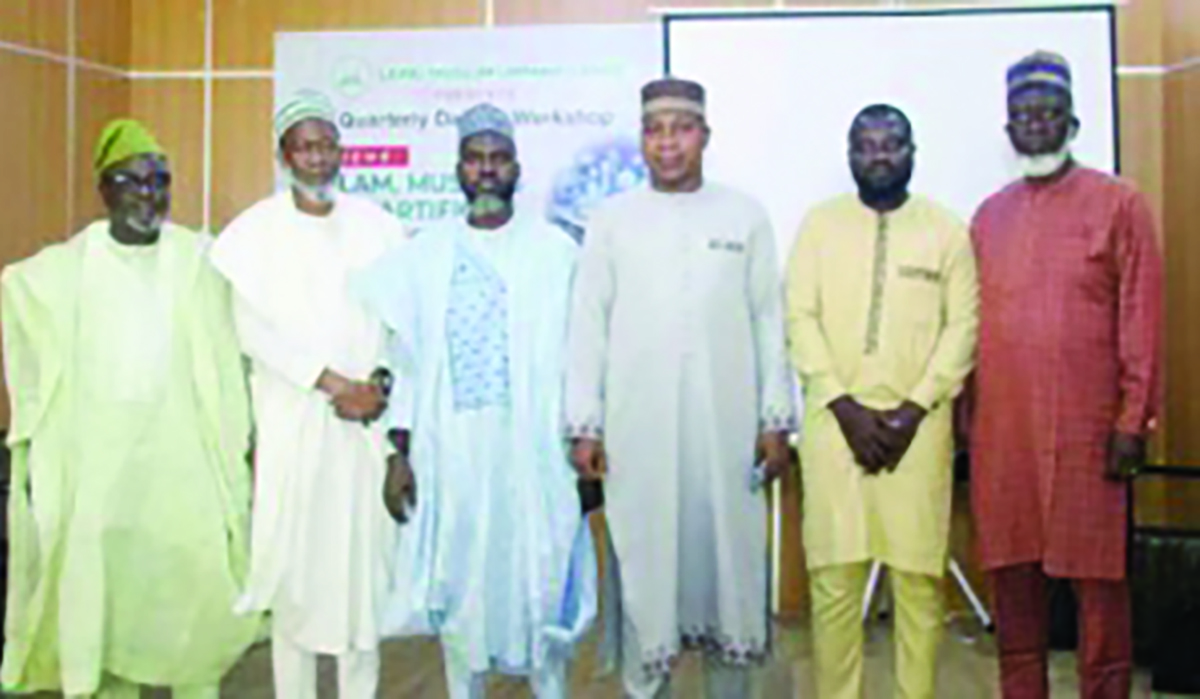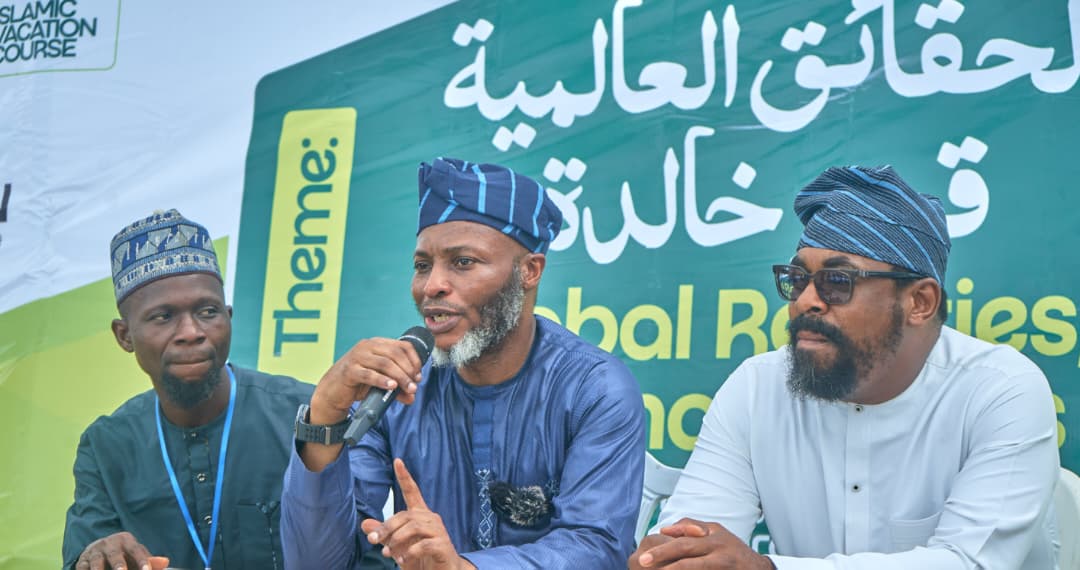
Muhammad is not the father of any male among you, but he is the messenger of the Almighty and the seal of the prophets… (Q33:40).He was born in Makkah- that was and still is the epicenter of the world. He emerged in the precinct of the Ka’aba – the first sacred house built by humans for the worship of the Almighty. He was born as an heir to a prophetic tradition, the apogee of which was Prophet Ibrahim (a.s). The womb that bore him was of the purest stock. Aminah never played host, prior to her marriage to Abdullah, to the chemical-genetic fluid of the fornicator. His foster-mother (Halimah), though from the backwater of Makkah, was of the noblest tribe – in her bosom, comfort and compassion found refuge.
Muhammad (s.a.w) was born posthumous – men’s worth sometimes last long enough for them to deposit the ‘seed’ inside their wives’ wombs. He also lost his mother at six. Brethren, always remember that it is a privilege for us to be there, to be called “daddy” and “mummy” by our children. Indeed, our children would attain their destinies with or without our intervention.
In his teenage years, Muhammad belonged to the Hilf al-Fudul, an independent movement which placed high premium on honesty and good governance in Makkah. The moral at issue here is this: no matter how extremely insuperable the society may become, you should identify and belong to a group of young men and women whose sole interest would be the reinvention of their societies.
At forty, Muhammad was commissioned to Prophethood; he was commanded by the Almighty to proclaim a simple message: there is no deity worth of worship except the Almighty; Muhammad is His messenger. This message was simple but difficult. In its effect, it implied the dissolution of all authorities and the recognition of and the secession of all power to the Almighty alone.
Put differently, Islam was a religion which marks the culmination of all other religions; it was a call for the destruction of all principalities except that of the Almighty; it was a declaration that the most odious crime is not murder nor adultery but the setting up for worship, by humans, of deities other than the Almighty.
How could the Muslims stop celebrating the birth of a Prophet who was blessed by the Almighty more than his companions among the Prophets? In a report quoted by Ibn Kathir, he was quoted as having said as follows: “The Almighty has favored me more than the other prophets in six ways: I have been endowed with the gift of speech which is brief but full of knowledge; I was granted victory owing to my awe; the spoils of war were made lawful unto me; the whole earth has been made the place of worship for me and it has become the means of purification for me also; I have been sent to the whole world; and the line of prophethood has come to its final end in me”.
On a trans-Atlantic flight from New York the other day, I realized it was time for early morning prayer and I quickly set out to observe my duty as a Muslim. A co-passenger sitting next to me was surprised. He wondered whether it was valid for me to observe prayers inside the plane. I quickly reminded him that it was a measure of the treasure of Islam!
Celebrate the birth of Prophet Muhammad once it dawns on you that unlike others, the message he brought for humanity was practical. In other words, Islam is that religion which is suitable and useful in all times and climes. Arguments to the contrary would be a function of either ignorance, prejudice or cowardice. Colleagues in Alaska and in some part of Sweden wondered whether fasting is possible in parts of the world where sunlight occurs for less than five hours a day; others wanted to know whether as a lonely Muslim I could practice my religion with dignity and fidelity in societies where humans are at war with their creator. My response was and still is: if it is possible for the sun to rise and set in any part of the world, then it is possible for Islam to be practiced in full in such regions!
We shall continue to rejoice in the birth of Prophet Muhammad because he brought a message to the world which was universal and comprehensive. His was a message of love and gender equity; his was a message of racial equality; his was a message which is applicable in Malaysia as it is suitable in Philadelphia. Muhammad brought a message which attends to the political the same way it does the cultural. This explains the finality, in his persona, of the Prophetic enterprise. He says: “I am Muhammad, I am Ahmad, I am the al-Mahi (the Effacer) in that through me infidelity shall be erased; I am al-Hashir (Assembler) in that people shall be assembled after me. I am al-‘Aqib (the Last) Prophet of the Almighty to humanity.
Oladosu is a Professor of Middle Eastern, North African and Cultural Studies
Dean, Faculty of Arts, University of Ibadan.






